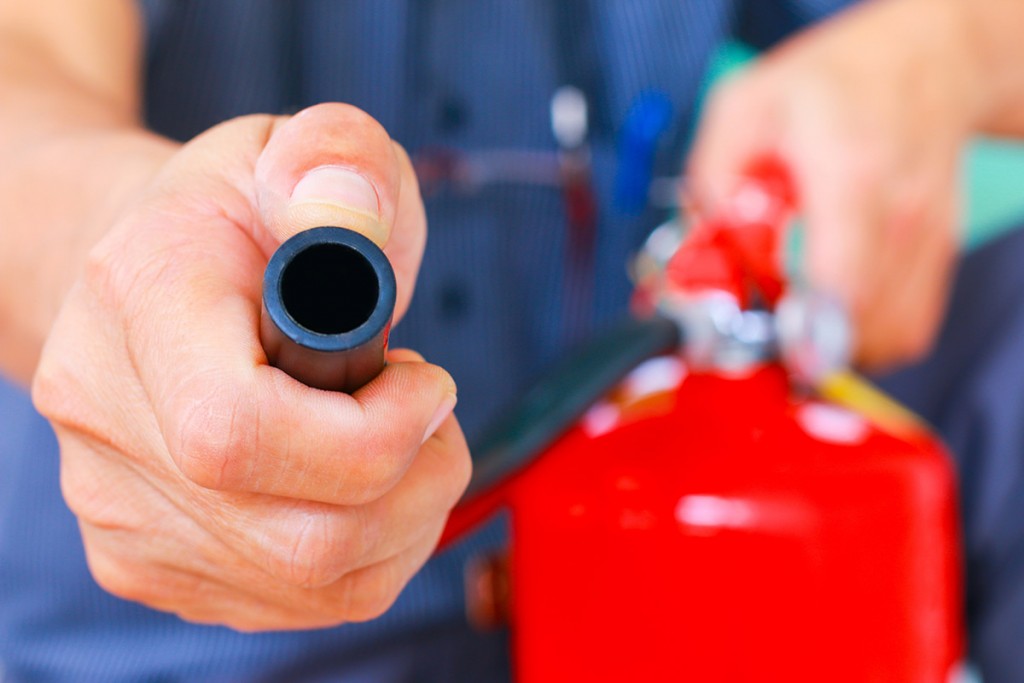When it comes to dealing with fire, you want something on hand that will put it down, but not spread it throughout the kitchen. So what is the right fire extinguisher for commercial kitchens? According to Ipswich Fire Extinguisher there are different types of fire extinguishers, and each type has its own usage. Some do a better job putting out grease fires, while others are better at electrical fires. Understanding what kind of extinguisher works best in your situation can save time and money. Knowing what type of fire suppression system to use can keep your kitchen running smoothly.

Fire is a devastating force anywhere in the world, but especially so in commercial kitchens. It can easily wipe out your entire livelihood and cost your business thousands of dollars . And often, all it takes is a few minutes for a fire to destroy your kitchen. Fortunately, as a commercial restaurant owner, you can safeguard yourself from the dangers of kitchen fires with the right fire extinguishers for commercial kitchens.
As a veteran firefighter, I’ve seen too many instances where firefighters didn’t have the right equipment for the fire they were attending. Some examples include using fog nozzles instead of a straight stream nozzle on an automobile fire, or using dry chemical on a gasoline fire. In my 20 years in fire service I’ve also seen that many commercial kitchens don’t have the right fire extinguishers in place – and this can be a bigger danger than we realize.
You’ll see a variety of fire extinguishers in commercial kitchens, including some directly on the cooking line. Fire extinguisher technology has come a long way in recent years and there are now several varieties of fire extinguisher for commercial kitchens.
A commercial kitchen fire requires a particular type of fire extinguisher to quench the fire, to put it out. For example, a grease fire needs a halon extinguishing agent, cools the surface and forms a smothering layer at the fire site that prevents oxygen from reaching the fire and keeps it from re-igniting saturated material. This can be done more efficiently in a commercial kitchen by using wet chemical or carbon dioxide fire extinguishers. Carbon dioxide, also known as CO2 extinguishers are best if you have heavy involvement of combustible liquids, as well as for electrical fires and trash/waste fires. Wet chemical agents are ideal for wood fires and have no known harmful effects to humans but may react adversely with some plastics including thermosetting plastics such as epoxies or acrylics.

There are many ways for a kitchen fire to get out of hand and cause damage to the building or surrounding areas. However, you can reduce risks by using the right equipment. The three common types of extinguishers used in kitchen facilities include water, foam and CO2 fire extinguishers. The most recommended type of extinguisher is the dry chemical carbon dioxide one.


